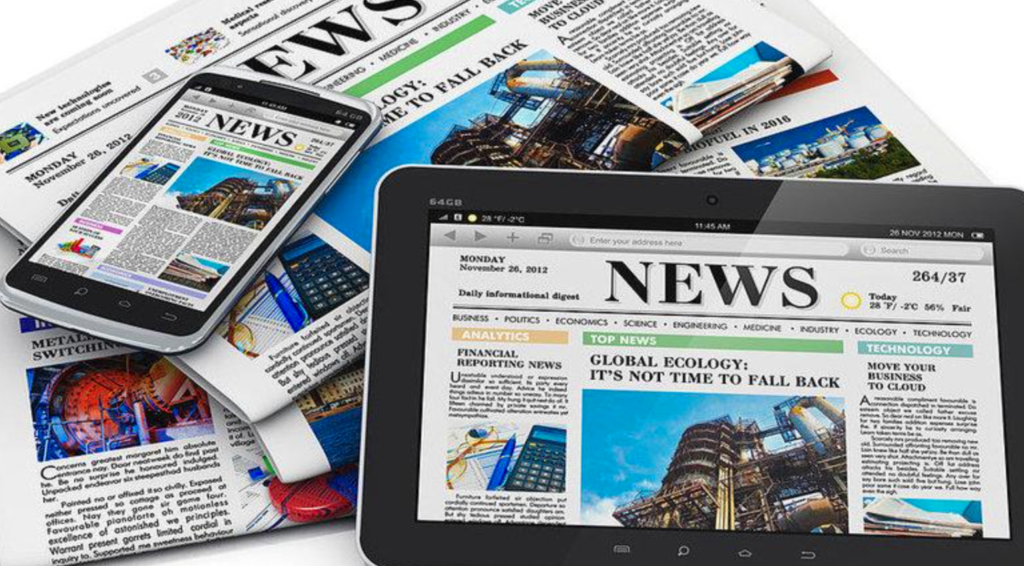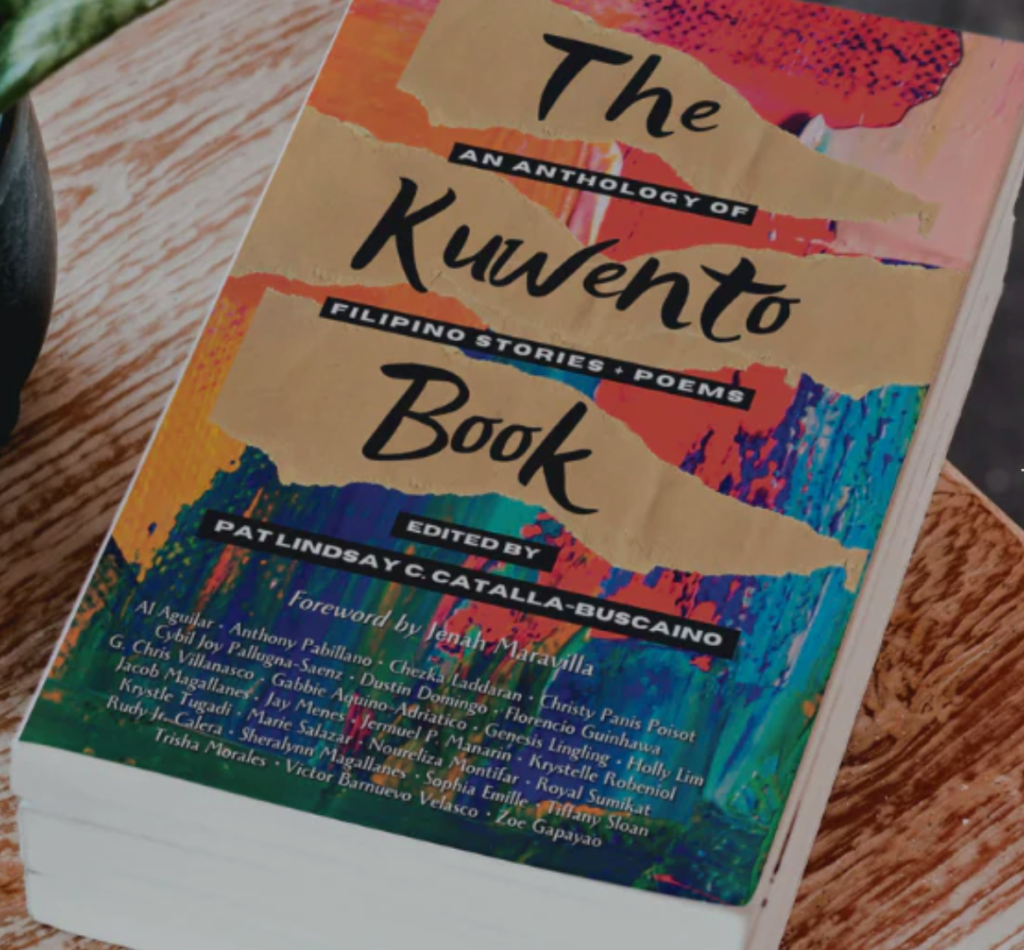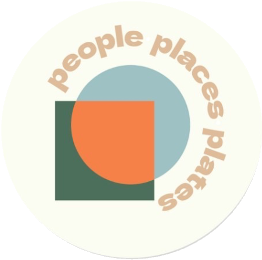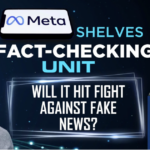In today’s digital era, the flow of information is unprecedented, thanks to the internet and social media. However, media literacy is important to distinguish between fact and fiction has become increasingly challenging. This is where media and information literacy become crucial.

The Challenge
The internet facilitates the rapid sharing of information, but it also enables the swift dissemination of false information. There are two primary types: misinformation, which is false but not intended to deceive, and disinformation, which is deliberately deceptive. Both can have harmful consequences, including confusion, poor decision-making, and even violence.

Illustrative Example
Consider an online post claiming that a particular fruit cures all diseases. While appealing, such claims need verification through reliable sources such as medical websites or healthcare professionals.

Building Media Literacy Skills
Several online resources can aid in developing media and information literacy. These resources teach users how to:
- Identify Reliable Sources: Prefer information from reputable websites, such as those by government agencies, educational institutions, or established news organizations.
- Fact-Check Information: Use fact-checking tools and websites to verify the authenticity of information before sharing.
- Recognize Bias: Understand that biases exist in all individuals and organizations. Critically evaluate the perspective from which information is presented.
- Exercise Caution Before Sharing: Ensure the information is logical, comes from a trustworthy source, and is supported by evidence before disseminating it.
Educational Initiatives
Many schools now include media and information literacy in their curricula, educating students about different media platforms, the production and dissemination of information, and how to evaluate its accuracy.

Navigating the “Filter Bubble”
Social media often creates a “filter bubble,” exposing users primarily to content that aligns with their existing beliefs. This can hinder exposure to diverse viewpoints and critical thinking.

The Importance of Truth
Developing media and information literacy is vital for everyone. It enables critical thinking, responsible information consumption, and informed citizenship.

Best Practices
Relying on multiple sources is crucial. Cross-referencing information from various reputable sources can confirm its validity.

Forms of False Information
Misinformation and disinformation can appear in numerous formats, including:
- Fake News Articles: Articles that mimic real news but contain false or misleading information.
- Social Media Posts: Manipulated posts that spread false information.
- Misleading Images or Videos: Media designed to create false impressions.
- Out-of-Context Information: Information presented out of context to alter its meaning.
Differentiating Misinformation from Disinformation
While both misinformation and disinformation are harmful, it’s important to distinguish between them:
- Misinformation: Spread unintentionally, often due to a lack of knowledge or verification.
- Disinformation: Deliberately spread to deceive and manipulate beliefs.
Understanding “Fake News”
The term “fake news” is frequently used to describe false information. However, “misinformation” and “disinformation” are more precise, indicating whether the false information is spread unintentionally or with intent to deceive.

Media and Information Literacy Initiative
“This content is produced under the Initiative for Media Freedom (IMF), a five-year program implemented by Internews. The Department of Journalism, University of the Philippines College of Mass Communication, takes sole responsibility for the content of these videos. The views expressed do not necessarily reflect those of Internews, the United States Agency for International Development (USAID), or the United States Government.”

The Significance of Media Literacy
Media literacy is crucial because it enables individuals to:
- Think critically and solve problems
- Make informed decisions
- Avoid being misled by false information
- Participate effectively in democracy
Key Definitions
- Media Literacy: The ability to understand, evaluate, and create media messages.
- Information Literacy: The ability to find, verify, use, and create information.
Enhancing Media Literacy Skills
To improve media and information literacy skills, consider the following steps:
- Be Skeptical: Don’t accept everything at face value.
- Check the Source: Investigate who created the information and their motives.
- Look for Evidence: Assess if the information is logical and supported by facts.
- Consider Different Perspectives: Evaluate various viewpoints before sharing information.
About Kwento Co

Kwento Co is a dynamic information and media literacy platform. Our team of content creators, artists, influencers, and young entrepreneurs is dedicated to helping businesses, from micro to macro-sized, effectively market their services through tailored digital marketing strategies.






